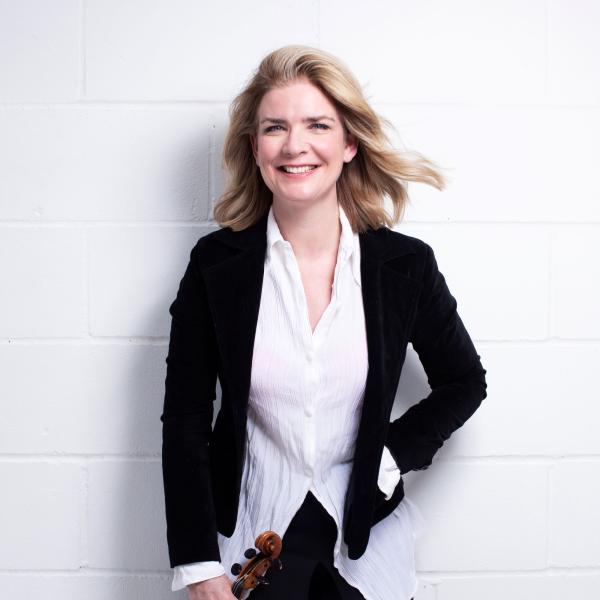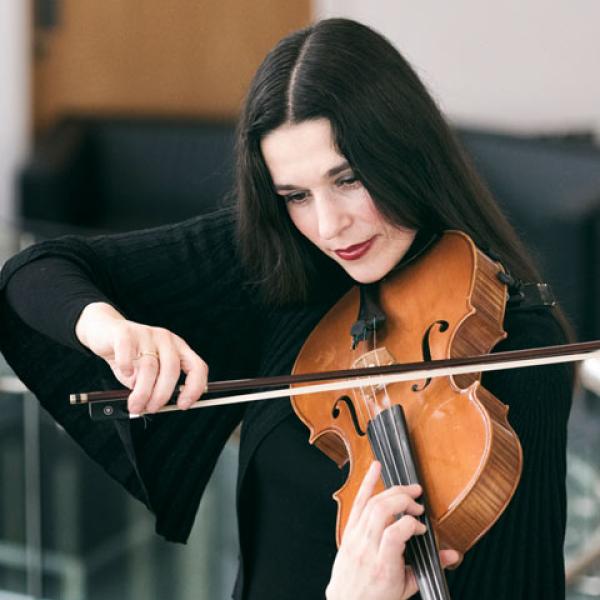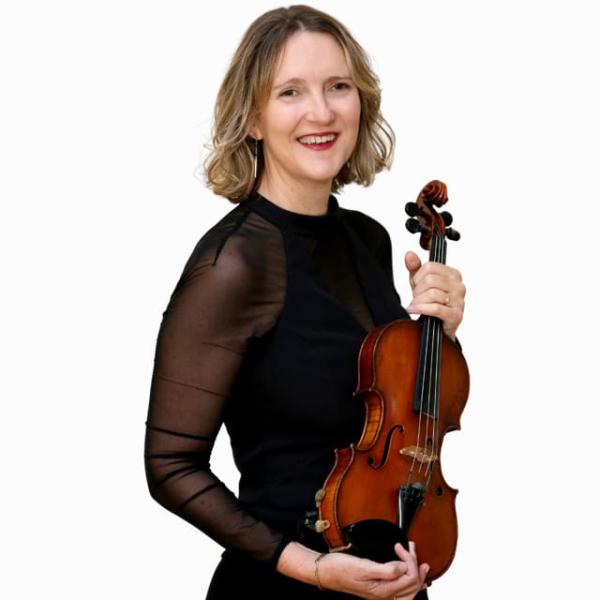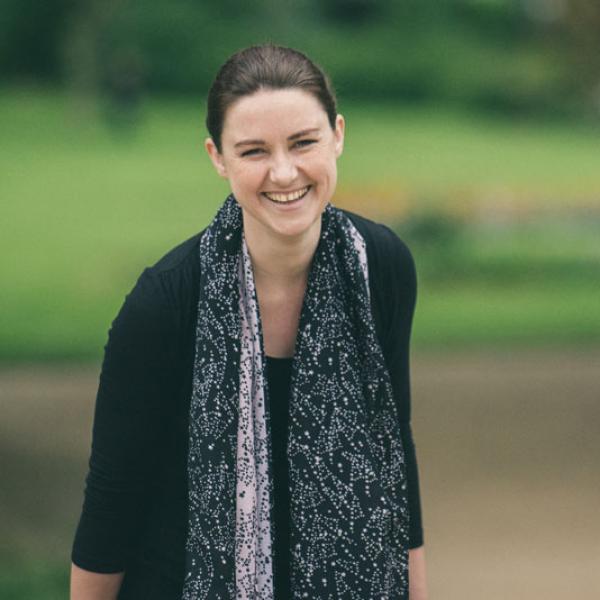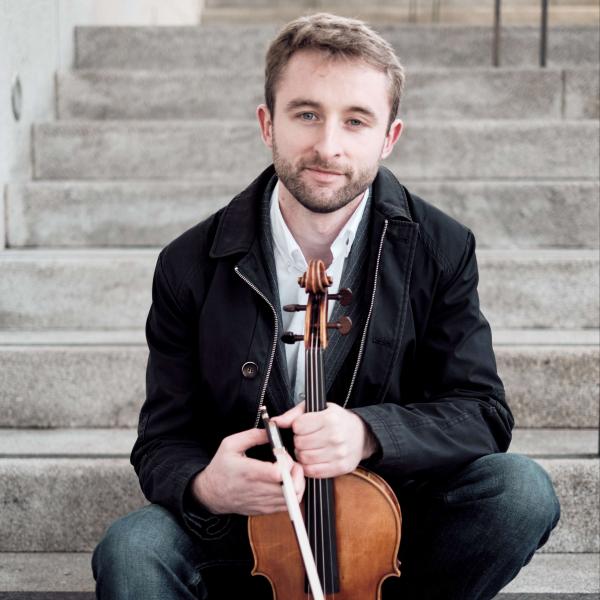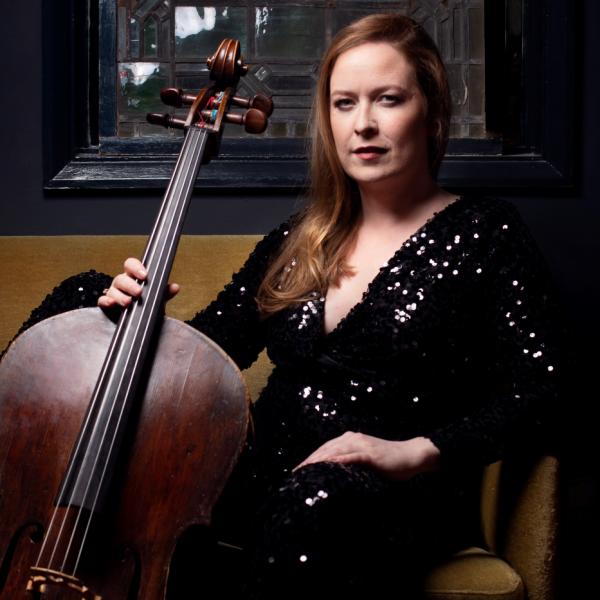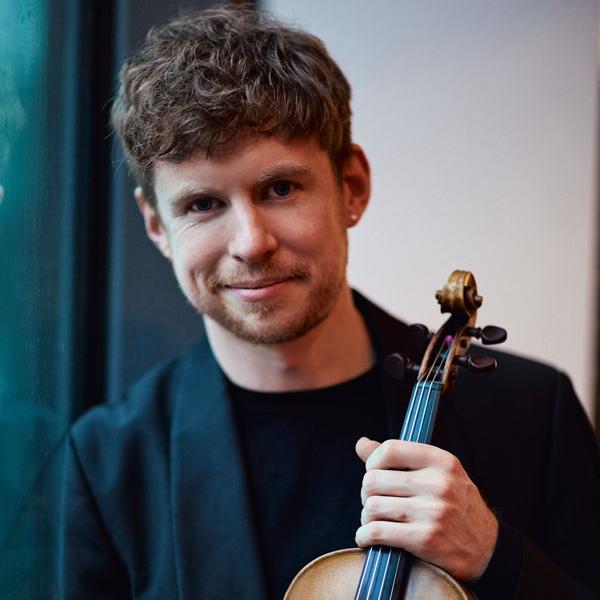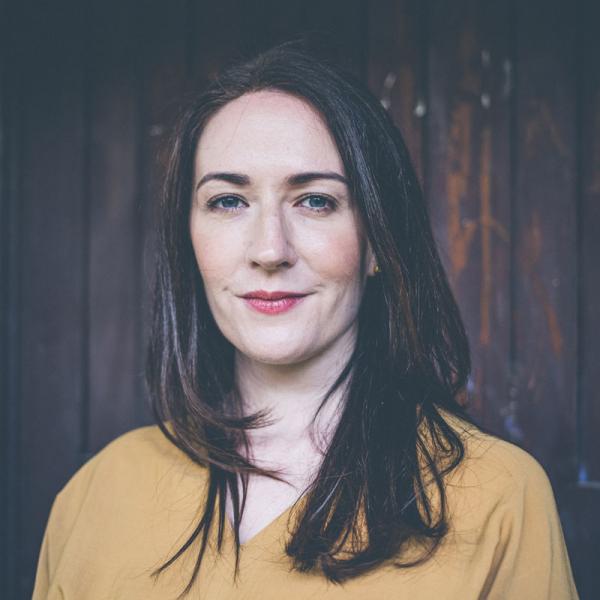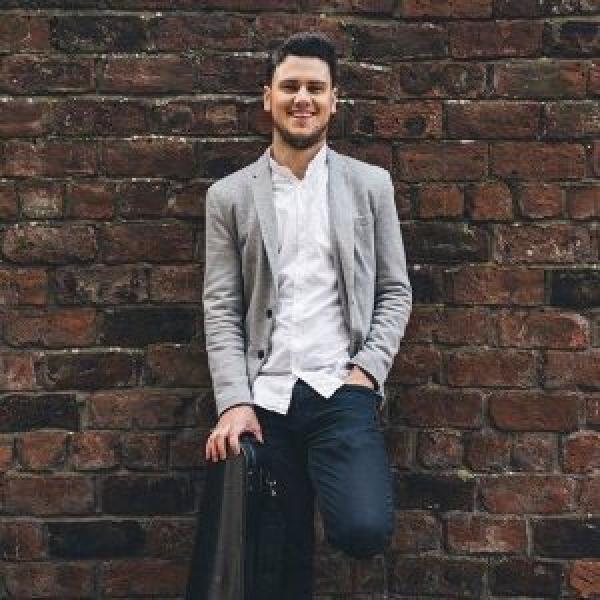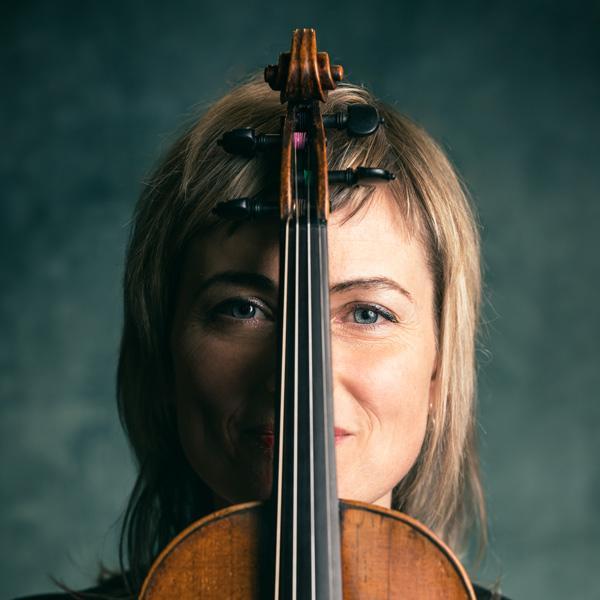Accredited by Trinity College, the University of Dublin, the RIAM BMus is a four-year degree. Each study year has 30 weeks in total from September to June: 24 academic teaching weeks and 6 performance spotlight weeks. There are no academic classes during performance spotlight weeks, but practical lessons continue across all weeks.
The Strings Faculty focuses on the three main areas of performance: solo, orchestral and chamber music. This is combined with supporting academic studies and RIAM Holistic modules to allow students to develop into a complete musician.
Solo Performance
The course is designed to balance the forming of a sound technique, the exploration of repertoire and the development of each student’s own artistic personality.
With 2 hours of one-to-one lessons per week, students have the space to work in depth with their principal study teacher. Mid-year technical exams focus on technical preparation and students are encouraged to explore creative programming whilst still covering core repertoire in their public end-of-year recital exams. The progression through the four years of the BMusPerf culminates in a complete concerto performance and full-length public final recital.
Competitions, such as the Maura Dowdall Award and Maeve Broderick Recital Prize for Strings, promote not only experience in competitive solo performance, but also offer the winner the exceptional opportunity of a solo engagement with the RTÉ National Symphony Orchestra.
In our wide range of string performance classes, students develop stage presence and build up their mental performance strength. Additional classes include historical performance, audition training and contemporary techniques. In performance class, students develop critical listening skills, learning to give constructive feedback based on their ever-growing breadth of knowledge. Students build their own musical personalities, form individual tastes and opinions whilst maintaining an openness to the many different interpretations that can be effective.
Following on from the introductory historical performance classes, students have the option to take second study historical performance. These students have additional one-to-one lessons with a baroque specialist and also have priority to perform in RIAM Early Music Ensemble.
The RIAM Strings Faculty hosts regular masterclasses with International Visiting Artists, including Daniel Rowland (violin); Xuefei Yang (guitar); Natalie Clein (cello); Gareth Knox (viola); Mauricio Fuks (violin); Hannah Roberts (cello); David Daly (bass); Sheku Kanneh-Mason (cello); and Alban Gerhart (cello). 2024/2025 artists include Henning Kraggerud, Andrew Shulman, David Waterman, and the Leonkoro Quartet.
Orchestral Performance
Throughout the four years of the BMus Performance students take part in RIAM Podium, the Centre for Performing Ensembles. String students perform in the following ensembles:
- RIAM Philharmonia, a sinfonietta orchestra performing with world-renowned guest conductor
- RIAM Chamber Orchestra, a string orchestra incorporating elements of memorisation, movement, improvisation, lighting and creative expression to enhance audience and performer experiences.
- RIAM Baroque Ensemble, exploring historically informed techniques and period performance through the use of Baroque instruments and bows
- RIAM Opera Orchestra, performing in fully-staged opera productions
- RIAM Contemporary Music Ensemble, tackling modern and newly written works
Orchestral training is project-based, emulating the professional music world. RIAM Philharmonia projects begin with intensive sectionals, build up to tutti rehearsals and culminate in a high-profile concert with a world-renowned conductor. Sectional tutors include principal players from the RTÉ National Symphony Orchestra, RTÉ Concert Orchestra, Irish Chamber Orchestra and Ulster Orchestra. Recent guest conductors include Gerhard Markson, Jonas Alber, Kenneth Montgomery and Atso Almila.
Specialised orchestral excerpts classes and audition-training workshops allow students to develop the skills necessary to gain professional orchestral work. In Year 3 of the BMusPerf, students undertake an orchestral exam, focussing on these audition-training skills in preparation for the orchestral profession. Mock orchestral auditions with professional Irish orchestra leaders are offered to all strings students each year to provide real-world experience and feedback.
RIAM has mentoring agreements with the RTÉ National Symphony Orchestra, RTÉ Concert Orchestra and Irish Chamber Orchestra and students are selected from internal and external auditions for these opportunities. Selected students experience a real life professional setting, sitting in with these orchestras and playing alongside professional orchestral players.
Chamber Music
Chamber music is central to developing both listening and communication skills. All string players are placed in a string quartet or piano trio. Groups rehearse both independently and also with a designated chamber music coach. Many students are also placed in duo sonata partnerships with pianists. Students are actively encouraged to also form their own chamber groups, with additional coaching on offer to self-formed groups.
We aim for chamber groups to work together over a long-term period to develop lasting musical partnerships that can continue into the profession. Regular visits from a variety of internationally renowned chamber musicians allow RIAM chamber groups to receive both additional private coaching and chamber music masterclasses. Recent visitors include the Navarra Quartet (UK/Netherlands) and members of both Trio Gaspard (Germany) and the Van Baerle Trio (Netherlands).
There are multiple concert opportunities for chamber music groups in the well-attended 11.11 Coffee Morning Concert Series. We partner with organisations throughout the island of Ireland to offer performance opportunities to our outstanding chamber groups. In 2018/19, RIAM string quartets and piano trios were selected to participate in masterclasses at the National Concert Hall (Emerson Quartet), Belfast International Festival of Chamber Music and West Cork Chamber Music Festival. In addition, large-scale chamber music such as string sextets and octets are also programmed in special side-by-side projects, where advanced students play alongside professionals in venues such as the National Gallery of Ireland.
Supporting Academic Studies
The academic component of the degree adds an intellectual foundation to practical instrumental studies, increasing each student’s depth and breadth of knowledge.
In Years 1 to 3, students study a number of core modules: Harmony and Counterpoint, Aural training, Analysis and History. There are also shorter modules in Music Technology, Instrumental Pedagogy, and Free Composition.
In Year 4 there is the opportunity to explore a specialist own choice elective: Dissertation, Composition, Music Technology, Analysis or Conducting.
RIAM Holistic – the working musician
RIAM Holistic modules are designed to develop students into flexible and adaptable artists, ready in mind and body for the demands of a career in music. Students study:
- Career Strategy
- Entrepreneurship
- The Principles of Pedagogy
- Music in the Community
- Contemporary Music Collaborations
- Yoga
- Performance Psychology
For a more detailed description of the course requirements, please refer to our course handbook.
